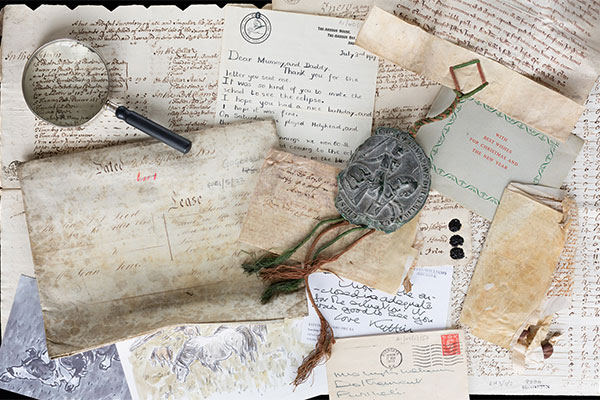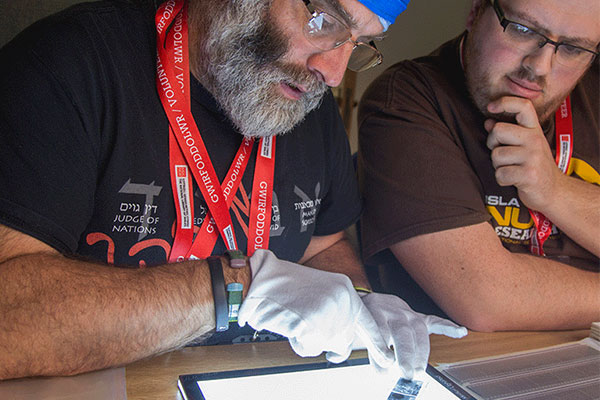DATA SHEET
Idea and script: Viviana Ayilef, Gerónimo Gil, Mónica Melipan and Iván Paillalaf
Poetry: Viviana Ayilef
Testimonies: Mónica Melipan and Iván Paillalaf
Voices: Viviana Ayilef, Gerónimo Gil, Mónica Melipan and Iván Paillalaf
Guitar and singing: Gerónimo Gil
Songs: ‘Del mismo río’ [From the same river] by Pablo Rozas (Mapudungun version by Daniel Morales); ‘Amuayiñ Gejipun’ by José Uircaleo and Jeremías Chauque; and ‘Mis ancianos’ [My ancestors] by Che Joven
Images: Romina Bravo and Matías Valenzuela
Filming and editing: Romina Bravo
Date and location: 02.11.23, Centro Cultural de la Memoria de Trelew




